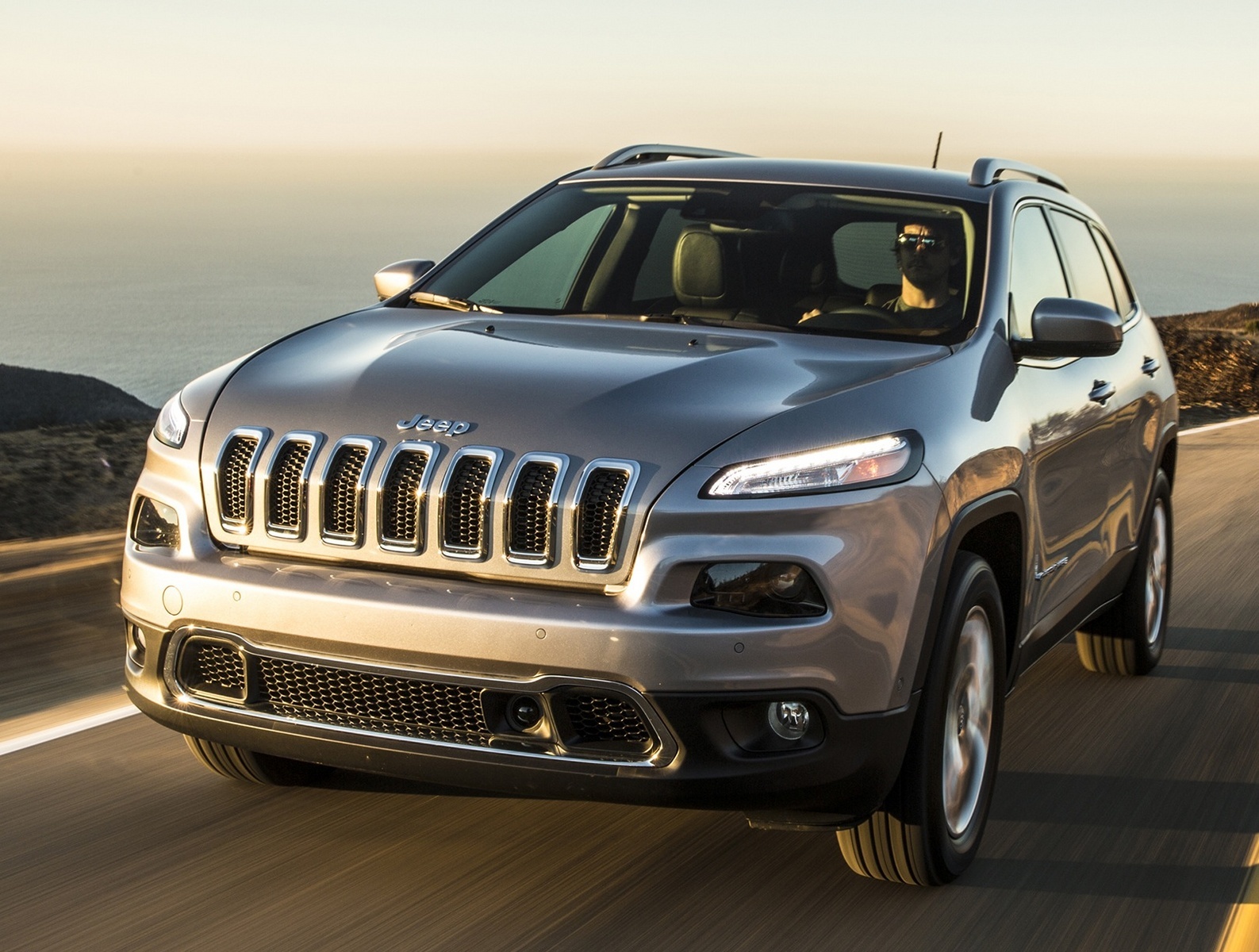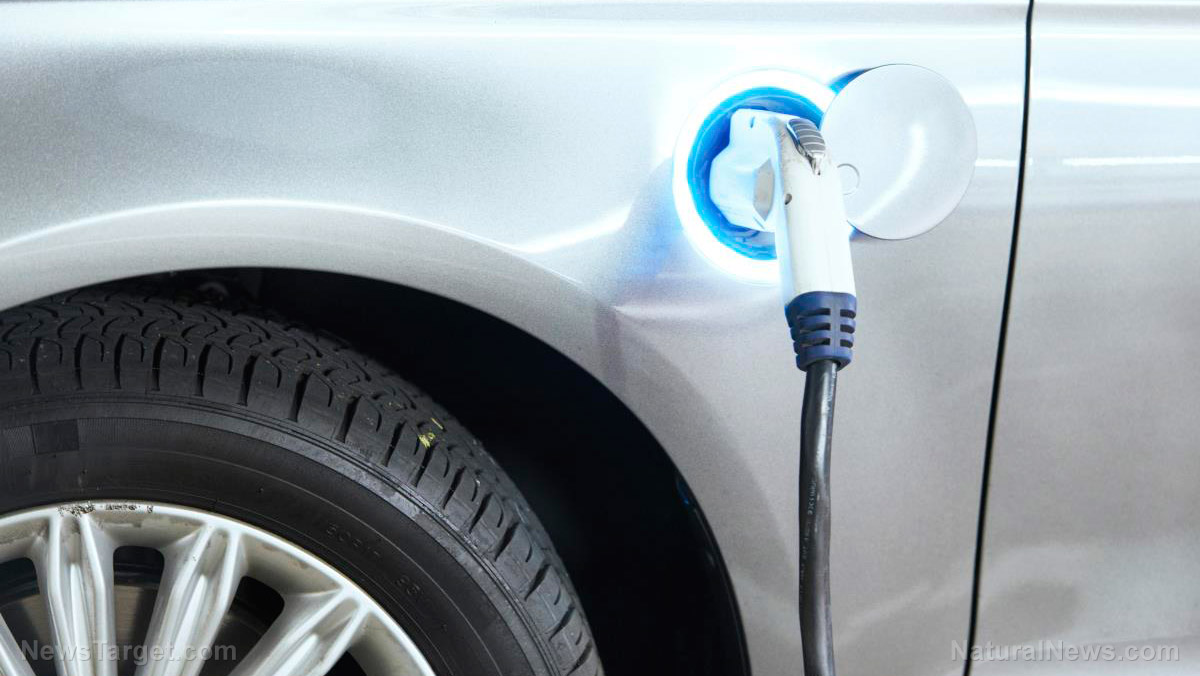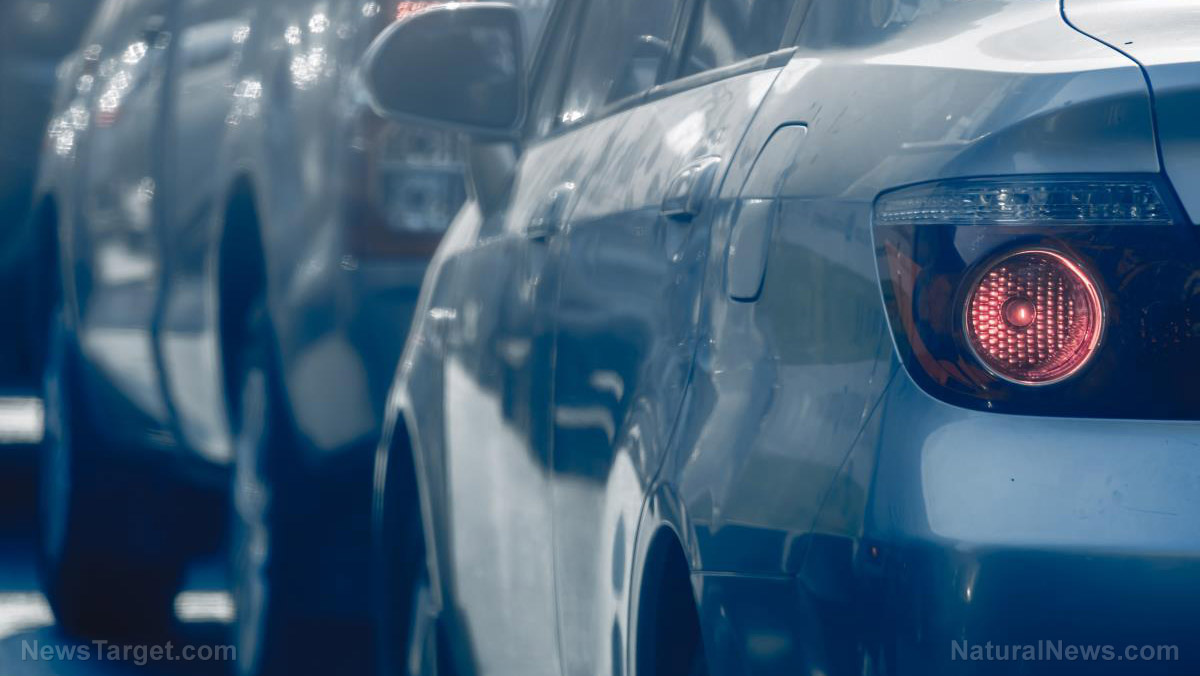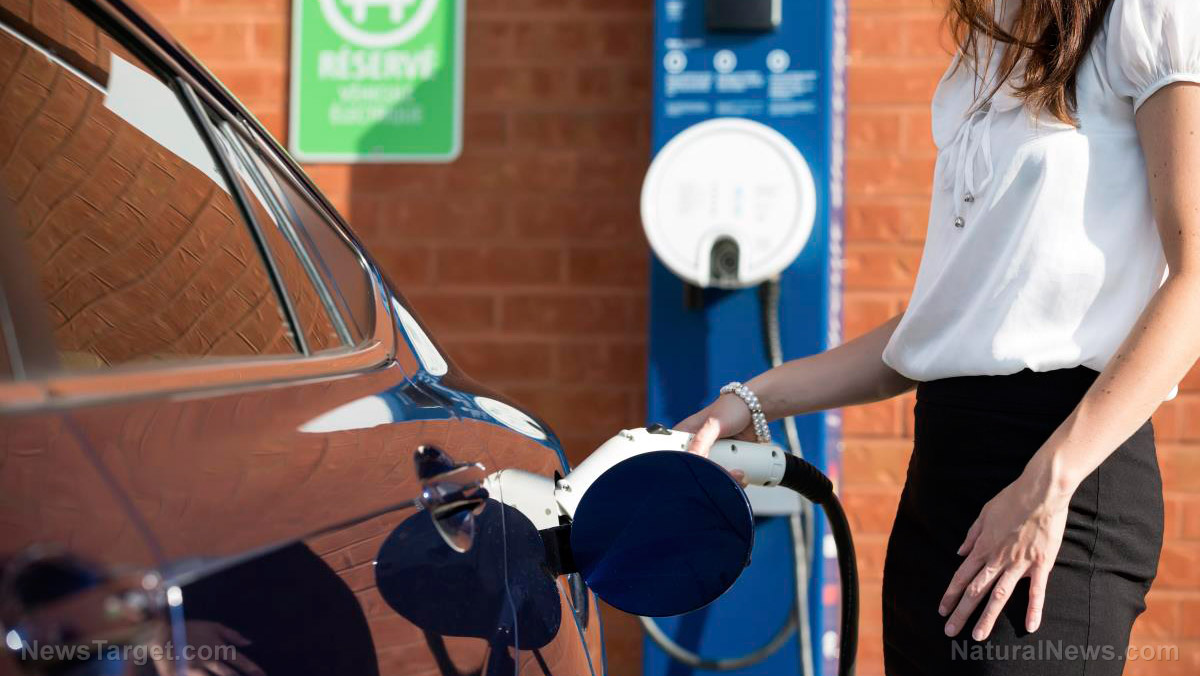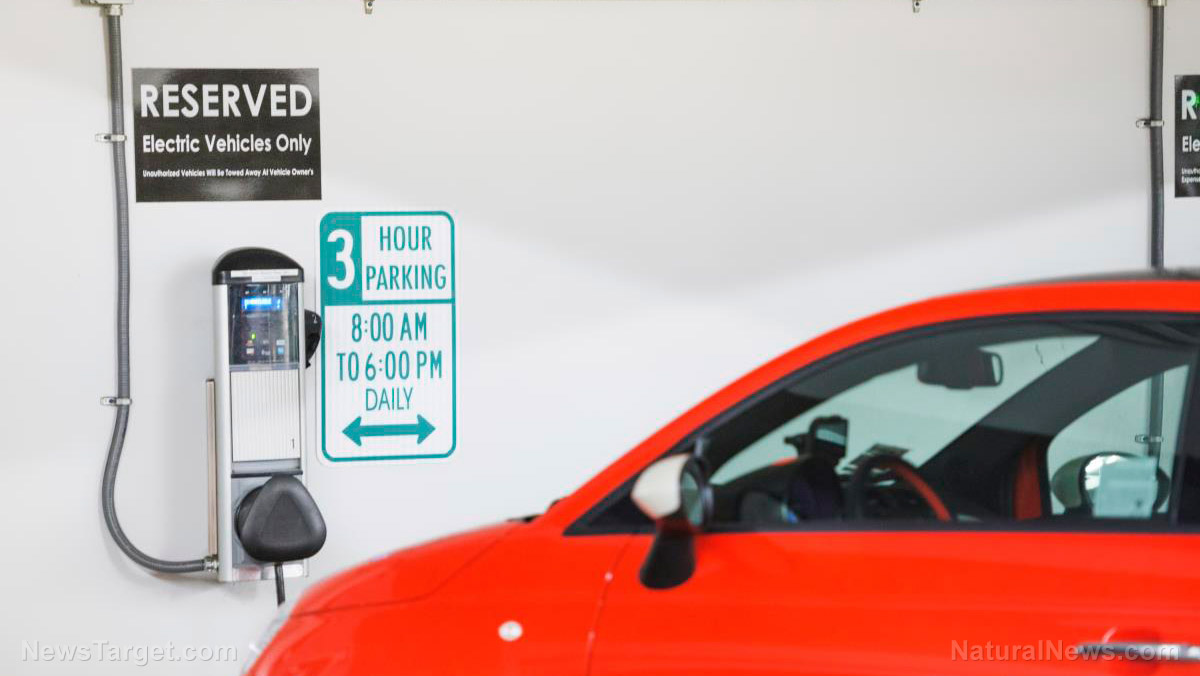EV NO GO: Switzerland may limit electric vehicle use to avoid blackouts this winter
12/05/2022 / By Cassie B.
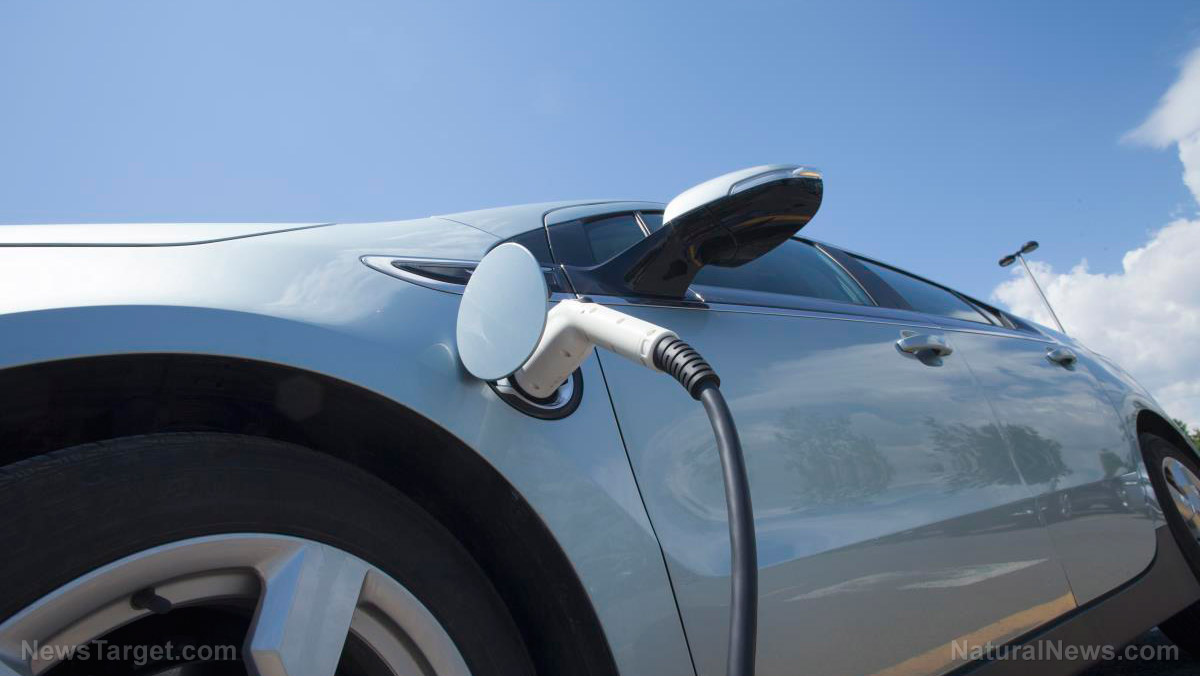
As Swiss officials brace for a potential energy crisis this winter, one of the measures on the table to preserve energy is banning electric vehicles from non-essential use. This would make Switzerland the first country to limit the use of electric vehicles.
According to a report by the Telegraph, Swiss officials have drafted emergency proposals for restricting power usage should this winter see a major crisis. Some of the measures being floated include limiting streaming services, preventing buildings from being heated above certain temperatures, and ordering shops to reduce their hours. Sporting events, theater performances and concerts may also be banned in an attempt to prevent a blackout.
Sixty percent of the energy in Switzerland comes from hydropower methods. However, during the winter, production slows, and Switzerland depends on imports. Shortages in imports throughout Europe due to the war in Ukraine and Switzerland’s hydropower dependency are putting the country in a position where it is extremely vulnerable to energy shortages.
Heaters, dryers and computers could all be limited or banned
Right now, Switzerland’s emergency plan has two tiers: crisis and emergency. Officials intend to activate different tiers and levels depending on the supply level. For example, requiring buildings to keep their heat set to 20 degrees Celsius is one of the earlier levels, while limiting electric vehicles to essential trips would be used as the situation intensifies. In the worst-case scenario, sporting events and concerts would be cancelled.
The plan also includes other measures. For example, in Stage 1, patio heaters, portable heaters, parking lot lighting, hot water in public bathrooms, leaving computers on when they are not in use, and heating spaces with open doors will be banned. At Stage 2, meanwhile, festive lighting, dryers, plate warmers, escalators, ice machines and outdoor ads will be banned. Stage 3 would see shops reducing hours or closing branches; a ban on the use of electric dryers, hot tubs, saunas, video game consoles and gaming computers; and buildings with electric heat setting their thermostats to 18 degrees, with an exception being made for medical facilities.
In the event that electric vehicle use is restricted, people would only be permitted to use electric vehicles for driving to work, medical care and shopping for essentials. Switzerland’s train system would continue to operate, but many EV owners are already concerned about how the measure will affect them.
Europe facing a winter of power shortages
Switzerland usually imports electricity from neighbors Germany and France to meet its power demands, but this year, supplies are strained. France’s nuclear fleet availability is significantly lower than usual, prompting the country to become a net electricity importer following decades of serving as a net exporter. France’s electricity grid is facing a greater risk of strained power supplies in January then previous estimates showed on account of lower nuclear power generation. France is also facing the possibility of power cuts this winter when the supply of electricity is insufficient for meeting demand. Germany is facing a similar situation as its utilities prepare to face a winter without a Russian pipeline gas supply.
Meanwhile, the National Grid operator in Britain has warned households that they could face blackouts from 4:00 to 7:00 PM should they run short on the gas used to produce electricity. In Finland, owners of electric vehicles have been advised to avoid heating plugged-in vehicles on freezing mornings to reduce strain on the grid.
Although unseasonably warm weather in October and November has kept many homes and business from needing heat, which has helped gas stocks last longer than predicted, Europe’s first major cold snap is on the horizon, and the plunging temperatures will be a major trial for European electricity.
Sources for this article include:
Submit a correction >>
Tagged Under:
big government, chaos, collapse, electric vehicles, electricity, energy crisis, energy supply, fuel collapse, fuel supply, green living, panic, power, power grid, rationing, scarcity
This article may contain statements that reflect the opinion of the author
RECENT NEWS & ARTICLES
RoboCars.News is a fact-based public education website published by Robo Cars News Features, LLC.
All content copyright © 2018 by Robo Cars News Features, LLC.
Contact Us with Tips or Corrections
All trademarks, registered trademarks and servicemarks mentioned on this site are the property of their respective owners.

